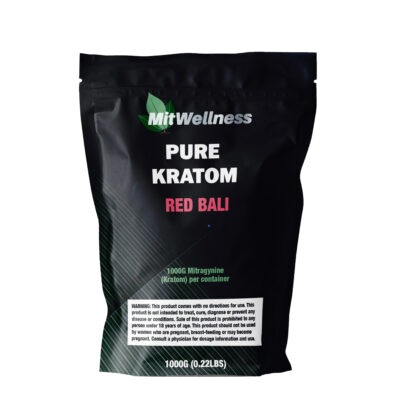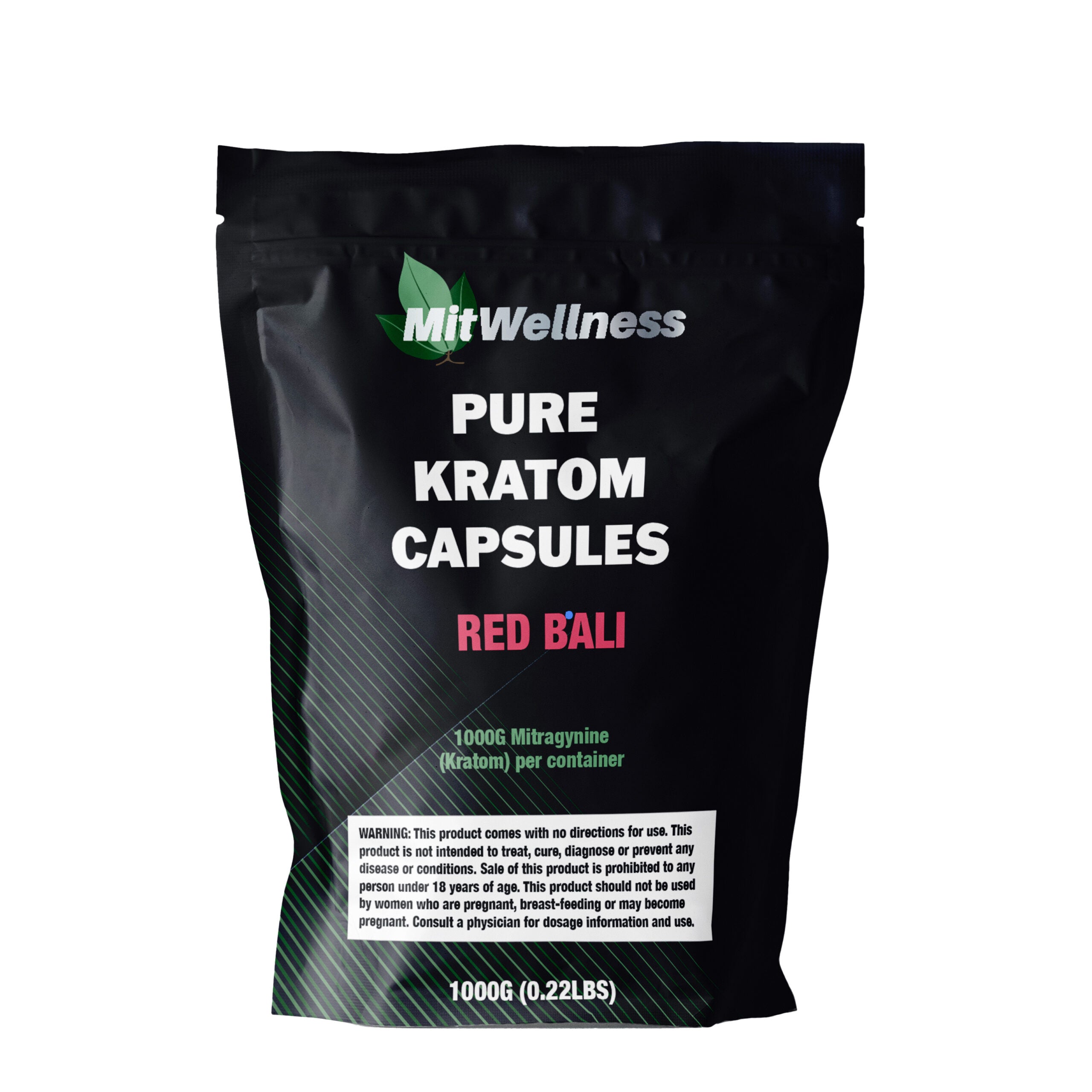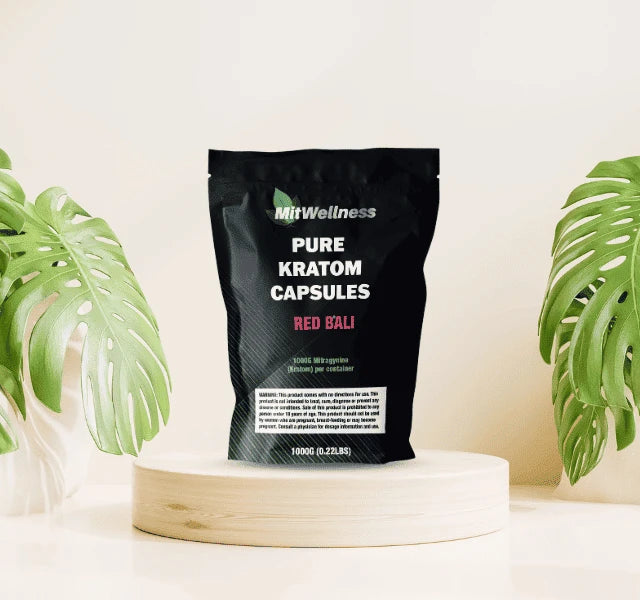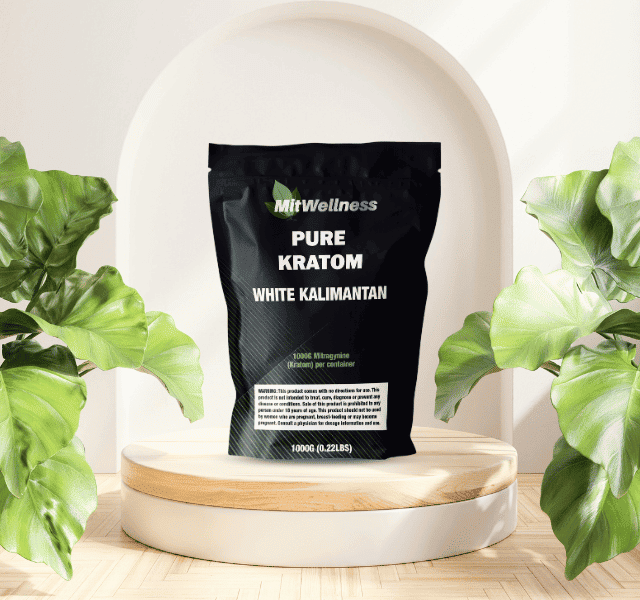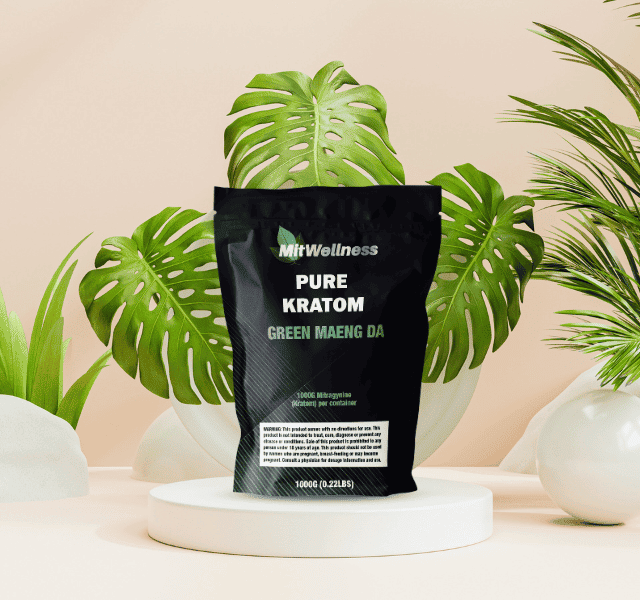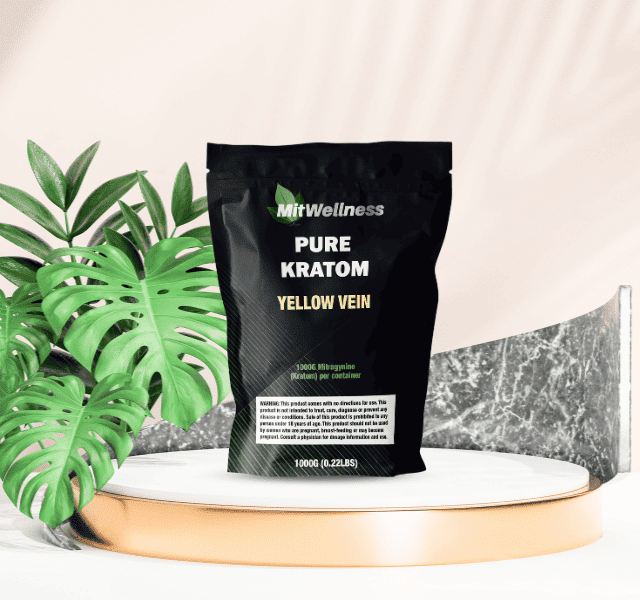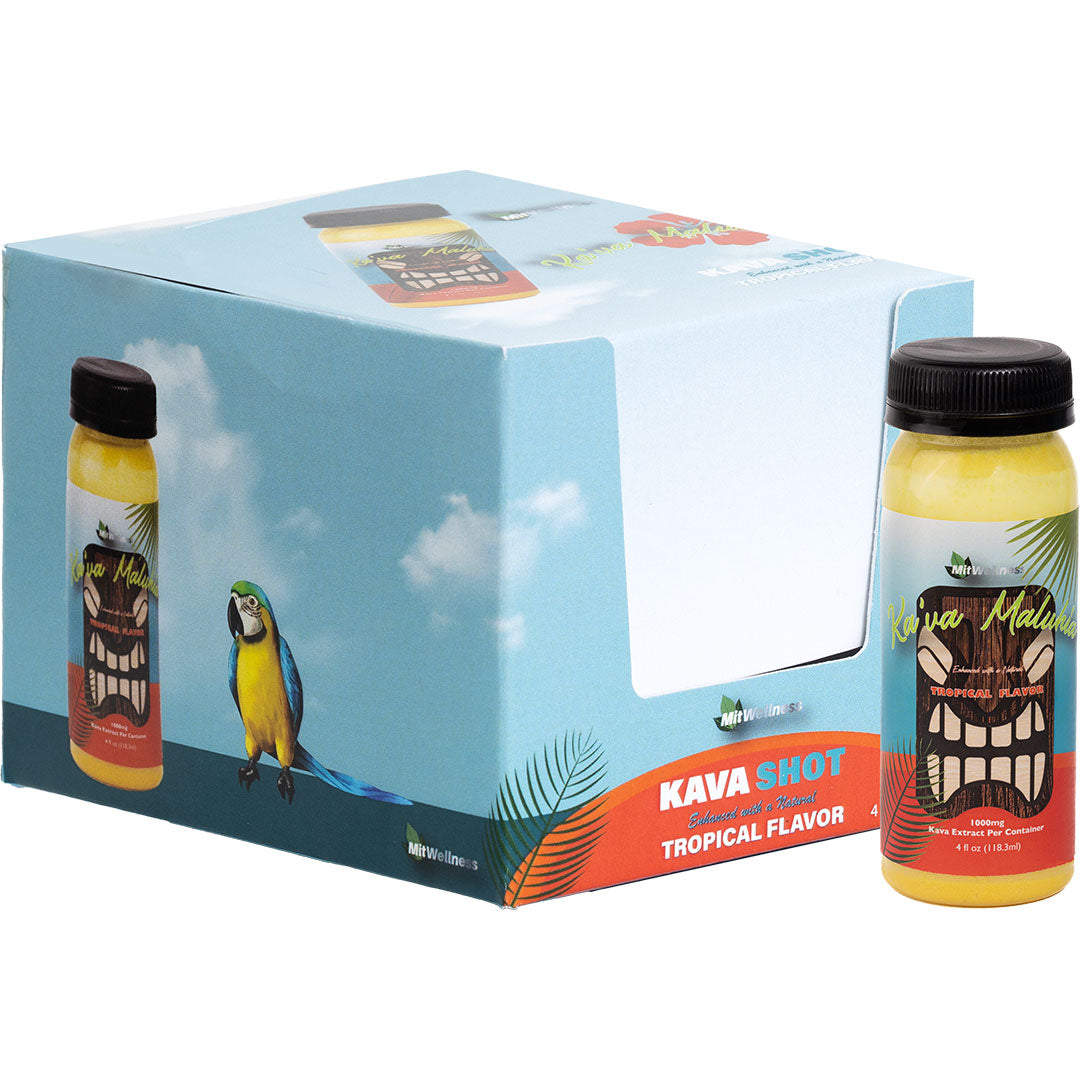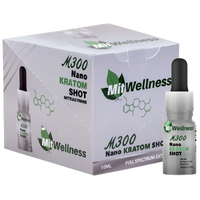 Advocacy efforts within the kratom community are a testament to the commitment of individuals and organizations striving to protect and promote the responsible use of kratom. These efforts encompass a wide range of activities aimed at raising awareness, dispelling myths, and engaging with policymakers and the public. Kratom advocates work tirelessly to ensure that accurate information about kratom’s traditional use and potential benefits is shared, helping to counteract the stigma surrounding this natural botanical substance. These advocacy efforts often involve grassroots organizing, community engagement, and public education initiatives, with the goal of safeguarding the rights of kratom enthusiasts and consumers.
Advocacy efforts within the kratom community are a testament to the commitment of individuals and organizations striving to protect and promote the responsible use of kratom. These efforts encompass a wide range of activities aimed at raising awareness, dispelling myths, and engaging with policymakers and the public. Kratom advocates work tirelessly to ensure that accurate information about kratom’s traditional use and potential benefits is shared, helping to counteract the stigma surrounding this natural botanical substance. These advocacy efforts often involve grassroots organizing, community engagement, and public education initiatives, with the goal of safeguarding the rights of kratom enthusiasts and consumers.
MitWellness is a proud member of the top Advocacy group in North America and we do our best to bring our customers the latest and most up to date information available on topics below:
Advocacy Groups: Prominent advocacy groups play a pivotal role in advancing the cause of kratom advocacy. Organizations such as the American Kratom Association (AKA), the Botanical Education Alliance (BEA), and the Kratom Trade Association (KTA) are at the forefront of these efforts
Advocacy Goals: The primary goals of kratom advocacy are to protect and preserve individuals’ access to kratom while promoting safe and responsible use. Advocates aim to prevent the imposition of bans or restrictions on kratom, advocating instead for sensible regulations that ensure product quality and safety.
Advocacy Strategies: Kratom advocacy employs a variety of strategies to advance its goals effectively. These strategies encompass grassroots organizing, legislative advocacy, public outreach, and educational initiatives. Advocates actively engage with lawmakers and regulatory agencies, sharing scientific research and personal testimonials to shape legislation and regulations.
Legal Advocacy: Legal advocacy plays a crucial role in kratom advocacy by navigating the legal landscape to protect the rights of kratom users and vendors. Advocates often engage in legal challenges to defend against proposed bans or regulations that could hinder access to kratom. They work proactively to lobby for favorable legislation that promotes responsible use and ensures product quality standards.
What is kratom advocacy?
Kratom advocacy refers to the collective efforts aimed at raising awareness, promoting the safe and responsible use of kratom, and defending the rights of individuals to access this natural botanical substance. Kratom advocates are passionate about highlighting the potential benefits of kratom while ensuring its responsible use. Advocacy encompasses a range of activities, including educating the public and policymakers, sharing personal testimonials, and working to counter misinformation. These efforts are critical in fostering a well-informed discourse about kratom’s place in society and its potential as a botanical remedy.
What are the primary goals of kratom advocacy?
The primary goals of kratom advocacy are multifaceted. Advocates aim to protect and preserve individuals’ access to kratom as a botanical substance. They strive to ensure that kratom remains legal and accessible, as it has been used for centuries for its potential benefits. Advocates also seek to dispel myths and misconceptions surrounding kratom by providing accurate information to the public, lawmakers, and regulatory bodies. Additionally, they aim to establish sensible and evidence-based regulations to guarantee the safety and quality of kratom products while preventing harmful restrictions that could impede responsible use.
What strategies are employed in kratom advocacy efforts?
Kratom advocacy employs a variety of strategies to achieve its goals. These include grassroots organizing, engaging with lawmakers through legislative advocacy, and participating in public hearings and forums to voice concerns and provide scientific evidence about kratom’s safety and potential benefits. Advocates also utilize social media and online platforms to raise awareness and share success stories. They conduct educational campaigns, produce informative materials, and collaborate with researchers to build a robust body of evidence. Additionally, advocacy groups work to foster a sense of community among kratom enthusiasts, creating a unified voice in support of responsible use and access to kratom products.
How does legal advocacy play a role in kratom advocacy?
Legal advocacy plays a crucial role in kratom advocacy by working within the legal framework to protect and preserve the rights of kratom users and vendors. Kratom advocates often engage in legal challenges, such as defending against proposed bans or regulations that could hinder access to kratom. They also work proactively to lobby for favorable legislation that promotes responsible use and ensures product quality standards. Legal advocacy involves building relationships with lawmakers, participating in legislative sessions, and filing legal actions when necessary to safeguard kratom legality. It is a vital component of the broader efforts to advocate for the rights and interests of the kratom community.
What initiatives are taken for public education in kratom advocacy?
Public education is a central focus of kratom advocacy, and various initiatives are undertaken to inform the public about kratom’s potential benefits and safe use. Advocacy groups develop educational materials, websites, and online resources to provide accurate information on kratom’s history, traditional use, and scientific research. They also collaborate with healthcare professionals and researchers to produce informative content that addresses safety concerns and potential applications of kratom. Additionally, advocates engage in community outreach, conducting seminars, webinars, and public events to educate individuals about responsible kratom use. Public education efforts aim to dispel misconceptions and ensure that people have access to balanced and evidence-based information regarding kratom.
What challenges do advocates face in kratom advocacy?
Kratom advocates face several challenges in their advocacy efforts. One significant challenge is combating the stigma and misconceptions surrounding kratom, which can lead to regulatory and legislative hurdles. Advocates also grapple with limited funding and resources compared to well-funded opposition groups. Additionally, navigating the complex landscape of state and federal regulations can be daunting, as kratom’s legal status varies from one jurisdiction to another. Public perception and media coverage can impact advocacy, as negative portrayals of kratom may influence policymakers. Despite these challenges, advocates remain committed to raising awareness, fostering a community of support, and working diligently to protect the rights and interests of kratom users and enthusiasts.
How does kratom advocacy influence policy decisions?
Kratom advocacy plays a crucial role in influencing policy decisions related to kratom. Advocates engage with policymakers at various levels of government, sharing scientific research and personal testimonials to shape legislation and regulations. They provide evidence-based arguments to counter proposed bans or restrictions and offer alternative solutions that prioritize responsible use and safety. Advocacy efforts have led to the defeat of proposed kratom bans in some jurisdictions and the enactment of protective legislation in others. Through persistent lobbying, public outreach, and collaboration with lawmakers who champion kratom’s cause, advocates work to ensure that policy decisions are informed, fair, and reflective of the needs and rights of the kratom community.
What is the impact of kratom advocacy on public perception and policies?
Kratom advocacy has had a significant impact on both public perception and policies surrounding kratom. Advocates’ educational efforts have contributed to a better-informed public, reducing misconceptions and negative stereotypes. By presenting scientific research and advocating for responsible use, advocates have influenced policymakers to adopt more balanced and evidence-based policies. This has resulted in the prevention of kratom bans in some areas and the implementation of regulations that prioritize product quality and safety. Kratom advocacy has also fostered a sense of community and unity among kratom enthusiasts, creating a collective voice that has been instrumental in shaping a more favorable environment for kratom at the local, state, and national levels.
What messaging strategies are used in kratom advocacy?
Messaging strategies in kratom advocacy are designed to communicate accurate information, foster empathy, and engage the public and policymakers effectively. Advocates use clear and concise language to convey kratom’s traditional use, potential benefits, and safety profile. They emphasize the importance of responsible use and highlight the experiences of individuals who have found relief through kratom. Advocacy messaging also underscores the need for science-based regulations that protect consumers while preserving access. Advocates use data, scientific studies, and expert testimonials to support their messaging, aiming to build credibility and trust. They employ a variety of communication channels, including social media, press releases, op-eds, and community events, to reach a broad audience and engage in constructive dialogue. These messaging strategies are essential in countering misconceptions and ensuring that accurate information about kratom is disseminated to the public and policymakers.
What types of resources are utilized in kratom advocacy?
Kratom advocacy relies on a range of resources to support its efforts. Advocacy groups often receive donations and funding from individuals and businesses within the kratom community who share their mission. These financial resources help cover the costs of advocacy campaigns, legal challenges, and educational initiatives. Additionally, advocates utilize research studies, scientific data, and expert opinions as resources to bolster their arguments and provide evidence-based support for their cause. Collaborations with healthcare professionals, researchers, and legal experts also contribute valuable expertise to advocacy efforts. Furthermore, grassroots support from the kratom community itself serves as a crucial resource, as individuals actively engage in advocacy actions, attend hearings, and share their personal experiences to amplify the advocacy message. These combined resources empower kratom advocates to effectively advocate for the plant’s responsible use and protection.
How is success measured in kratom advocacy efforts?
Success in kratom advocacy is measured through various means, reflecting progress in achieving advocacy goals. One significant measure is the prevention of kratom bans or the overturning of existing bans in jurisdictions where advocates have been active. Successful advocacy can also result in the enactment of legislation that regulates kratom in a fair and science-based manner, ensuring product safety and quality. Additionally, increased public awareness and understanding of kratom, coupled with a more favorable public perception, are indicators of success. Advocacy groups may also track their impact through membership growth, engagement levels, and the support they garner within the kratom community. The ability to influence policy decisions, protect consumer access, and foster a supportive and informed community are essential benchmarks of success in kratom advocacy.
What is regulatory advocacy’s role in the kratom community?
Regulatory advocacy plays a pivotal role in the kratom community by advocating for sensible and science-based regulations governing kratom products. It involves engaging with regulatory agencies and lawmakers to establish product quality standards, labeling requirements, and safety protocols. Regulatory advocates work to ensure that kratom products are accurately labeled and that they meet quality and purity standards, reducing the risk of adulterated or unsafe products in the market. This form of advocacy also addresses issues related to Good Manufacturing Practices (GMP) and product testing, aiming to create a safer environment for kratom consumers. Ultimately, regulatory advocacy seeks to strike a balance between consumer protection and access to high-quality kratom products, ensuring that regulations are based on sound science and fair to both consumers and vendors.
How is research advocacy promoted within the kratom community?
Research advocacy within the kratom community involves promoting and supporting scientific studies and research initiatives related to kratom. Advocates work to raise awareness about the need for research to better understand kratom’s potential benefits and risks. They collaborate with researchers, universities, and healthcare professionals to facilitate studies on kratom’s pharmacology, safety, and potential applications. Research advocacy also includes efforts to secure funding for kratom-related research projects, encouraging scientific exploration and data-driven insights. Advocates seek to overcome barriers to research and promote unbiased, peer-reviewed studies that can inform public policy and provide valuable information to the kratom community and healthcare providers. By supporting research advocacy, the kratom community aims to contribute to a growing body of evidence and promote responsible kratom use based on scientific knowledge.
How is the kratom community engaged in advocacy efforts?
The kratom community is actively engaged in advocacy efforts, with individuals and organizations working together to protect kratom rights and promote responsible use. Community members participate in grassroots initiatives, contacting lawmakers and regulatory agencies to voice their support for kratom. They attend public hearings, rallies, and events to demonstrate their commitment to the cause. Additionally, the community engages in educational campaigns, sharing information about kratom’s traditional use and potential benefits. Online forums, social media, and websites provide platforms for the community to stay informed and coordinate advocacy actions. Community engagement is a driving force behind kratom advocacy, with individuals uniting to safeguard their access to kratom and foster a supportive environment that advocates for responsible use and sound regulations.
What are some notable events related to kratom advocacy?
Kratom advocacy is marked by numerous notable events that have shaped the conversation around kratom and its legal status. These events include public hearings and legislative sessions where advocates have shared their stories and scientific evidence. Notable rallies and protests have drawn attention to kratom’s cause and garnered media coverage. Legal challenges, such as lawsuits against proposed bans, have resulted in significant victories for the kratom community. Additionally, educational initiatives, webinars, and seminars have played a crucial role in raising awareness about kratom and its potential benefits. The kratom community also celebrates Kratom Advocacy Day, an annual event where advocates converge on Capitol Hill to engage with lawmakers. These events collectively reflect the dedication and impact of kratom advocacy efforts in shaping public perception and policies.
What legislative initiatives are associated with kratom advocacy?
Kratom advocacy has been closely associated with various legislative initiatives aimed at protecting kratom access and promoting sensible regulations. Advocacy efforts have led to the introduction of bills in several states that seek to ensure that kratom remains legal and accessible to consumers. These bills often emphasize the need for responsible
Who are the prominent advocacy groups in kratom industry?
Several prominent advocacy groups play a pivotal role in the kratom advocacy landscape. Organizations like the American Kratom Association (AKA), the Botanical Education Alliance (BEA), and the Kratom Trade Association (KTA) are among the most well-known advocates for kratom. These groups work tirelessly to protect consumer access to kratom products, advocate for sensible regulations, and conduct research to better understand kratom’s effects. They often collaborate with lawmakers, researchers, and the kratom community to ensure that accurate information about kratom is disseminated and that policies are fair and evidence-based. These advocacy groups are instrumental in shaping the conversation around kratom and safeguarding the rights of kratom enthusiasts and consumers.
For more information about advocacy for kratom please refer to the American Kratom Association.


